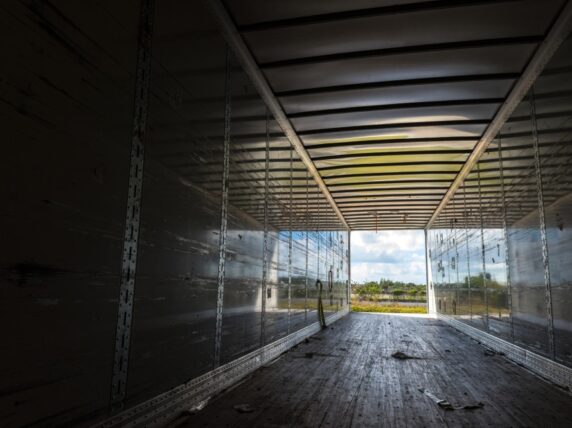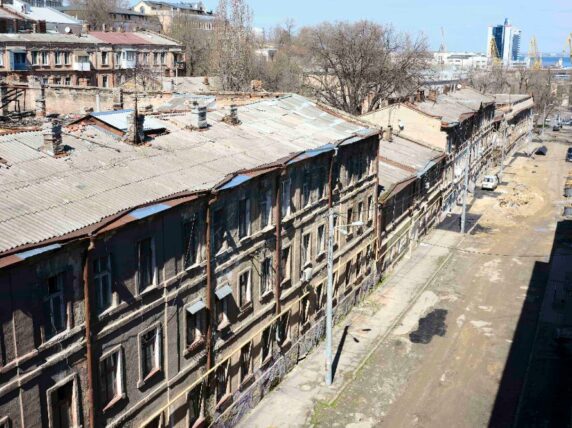We need to talk about debt cancellation
Since the end of August Pakistan’s floods have caused a crisis of epic proportions. One-third of the land is under water and at least 33 million people are affected. Half the country’s crops could be ruined.
This year, Pakistan is due to make $18 billion in debt payments to foreign creditors. This figure rises to $23 billion next year and accounts for 40%-50% of Pakistan’s government revenue. Pakistan bears virtually no responsibility for the climate emergency which has caused the unprecedented floods. But just when it needs every penny it can get, the country is losing $50 million a day in debt payments.
Pakistan did get some help with its debts when the pandemic hit. In April 2020, the G20 group of (self-declared important) countries agreed on a scheme to suspend debt payments for 73 countries, including Pakistan. When first agreed, the suspension was meant to include all foreign creditors – i.e. governments, multilateral institutions such as the World Bank and private lenders. But in the end, only governments suspended any debt payments. In Pakistan’s case, just 10% of its debt payments were stopped.
The failure to include private lenders, such as banks and hedge funds, has been a block to agreeing to further international debt relief. Governmental lenders such as China are now suspicious of whether the action they take on debt relief will just lead to Western private lenders being repaid.
The debt suspension came to an end in 2021, but debt crises are growing across the world as interest rates increase, the cost of food and energy rises and climate disasters hit. Debt payments for lower-income countries more than doubled between 2010 and 2021, and are set to be even higher this year.
The case of Zambia
Zambia is a key test for how these crises will be dealt with. In 2020, after private lenders refused to agree on a debt suspension, it defaulted on debt payments. The country is now negotiating to restructure its debt with private lenders and governments such as China. This restructuring could involve anything from just moving payments into the future, to a large-scale cancellation of debt.
The Zambian Civil Society Debt Alliance and Debt Justice have calculated that at least two-thirds of the country’s debt needs to be cancelled. BlackRock, the world’s largest asset manager, is the biggest owner of Zambia’s bonds. It could make 110% profit for itself and its clients if paid in full.
Subscribe to our newsletter
Our weekly email newsletter, Network News, is an indispensable weekly digest of the latest updates on funding, jobs, resources, news and learning opportunities in the international development sector.
Subscribe to Network NewsDebt Justice has been joined by Christian Aid, Cafod, Global Justice Now, Action for Southern Africa (ACTSA) and Jubilee Scotland in campaigning to support Zambian civil society’s demands for BlackRock to cancel the debt. Negotiations between Zambia, BlackRock and other private creditors are due to begin this month. Now is the time to push BlackRock and other private creditors to agree to a large-scale debt cancellation that will enable Zambia to overcome the current health and economic crises and gain ground on tackling the climate emergency.
The UK’s role
The UK has a particular responsibility to ensure private lenders take part in debt relief. It hosts more private lenders than any other country. More importantly, many of the debts are governed by English law. Of the bonds owed by countries eligible for G20 debt relief schemes, 90% are governed by English law.
The UK parliament’s International Development Select Committee is conducting an inquiry into debt relief in low-income countries. MPs on the committee were astounded when BlackRock refused to appear before them to give oral evidence.
A key question for the committee is whether the UK should be taking action to ensure private lenders comply with debt relief. In 2010, the UK passed the Debt Relief (Developing Countries) Act which required private lenders to comply with a previous round of debt relief. The UK should be doing the same now.
The last wave of debt crises in lower-income countries in the 1980s and 1990s caused two lost decades of development. The initial response to the crises was for the International Monetary Fund and World Bank to lend more money – enabling private lenders to be repaid – while pushing austerity on the people of debtor countries. This led to cuts in public services, while the debt continued to grow. It was only in the 2000s that debt crises began to come to an end when debts were finally cancelled, but by then the private lenders had largely escaped with their money.
Climate disasters, such as in Pakistan, and global economic woes are pushing an increasing number of countries into debt crisis. Those who lent seeking large profits must be made to share in the costs of these crises, rather than being bailed out. In the face of economic and climate crises, private lenders must be made to cancel the debt.




